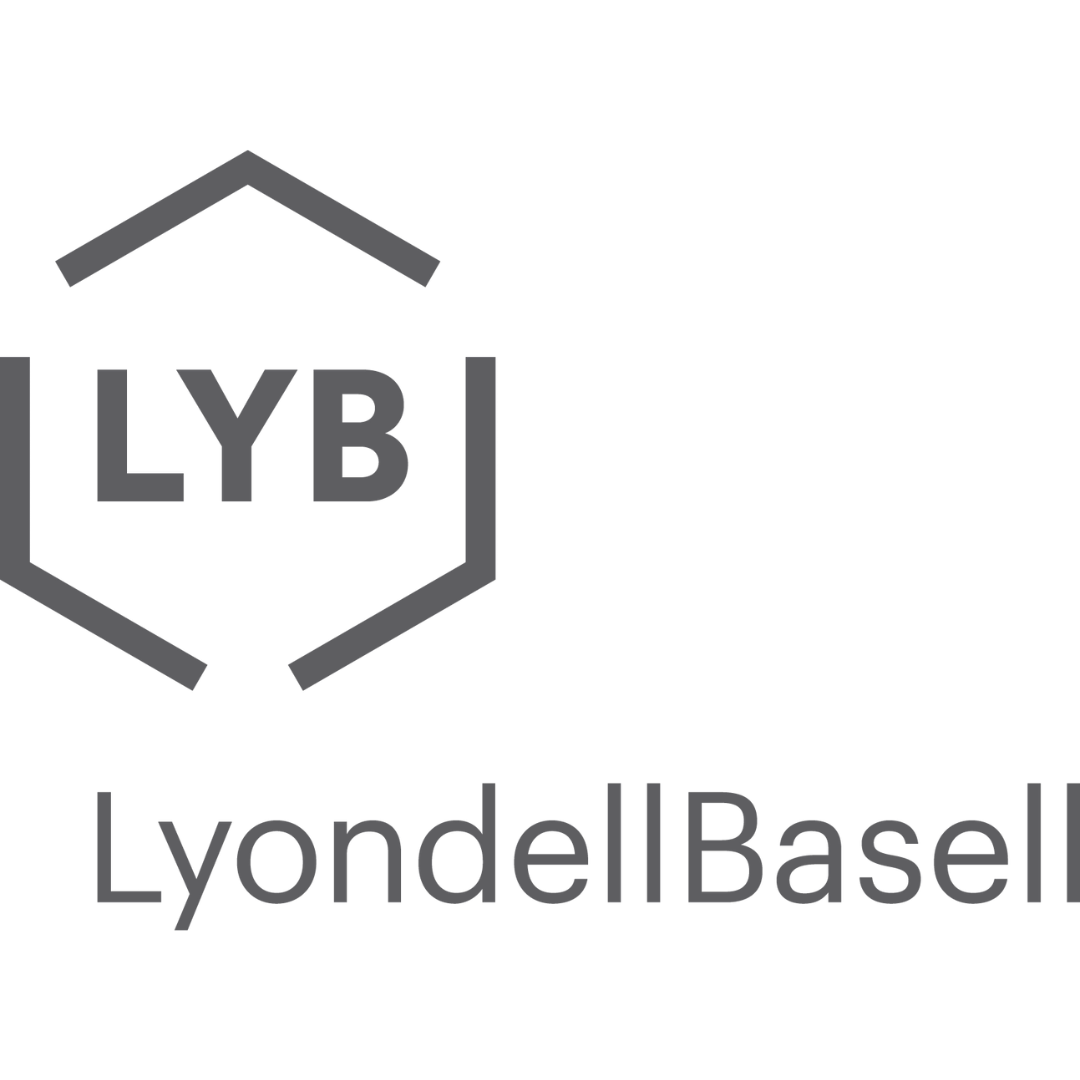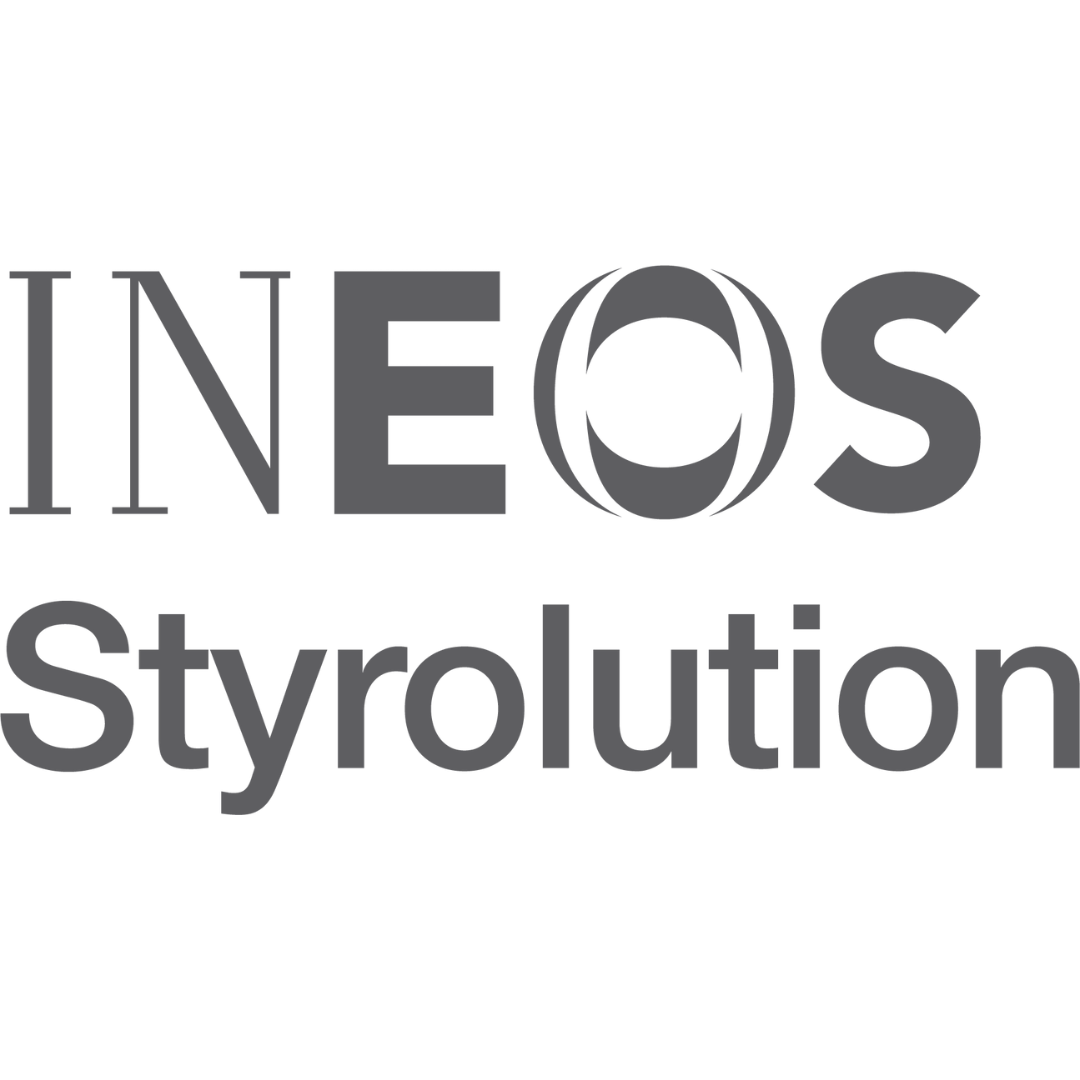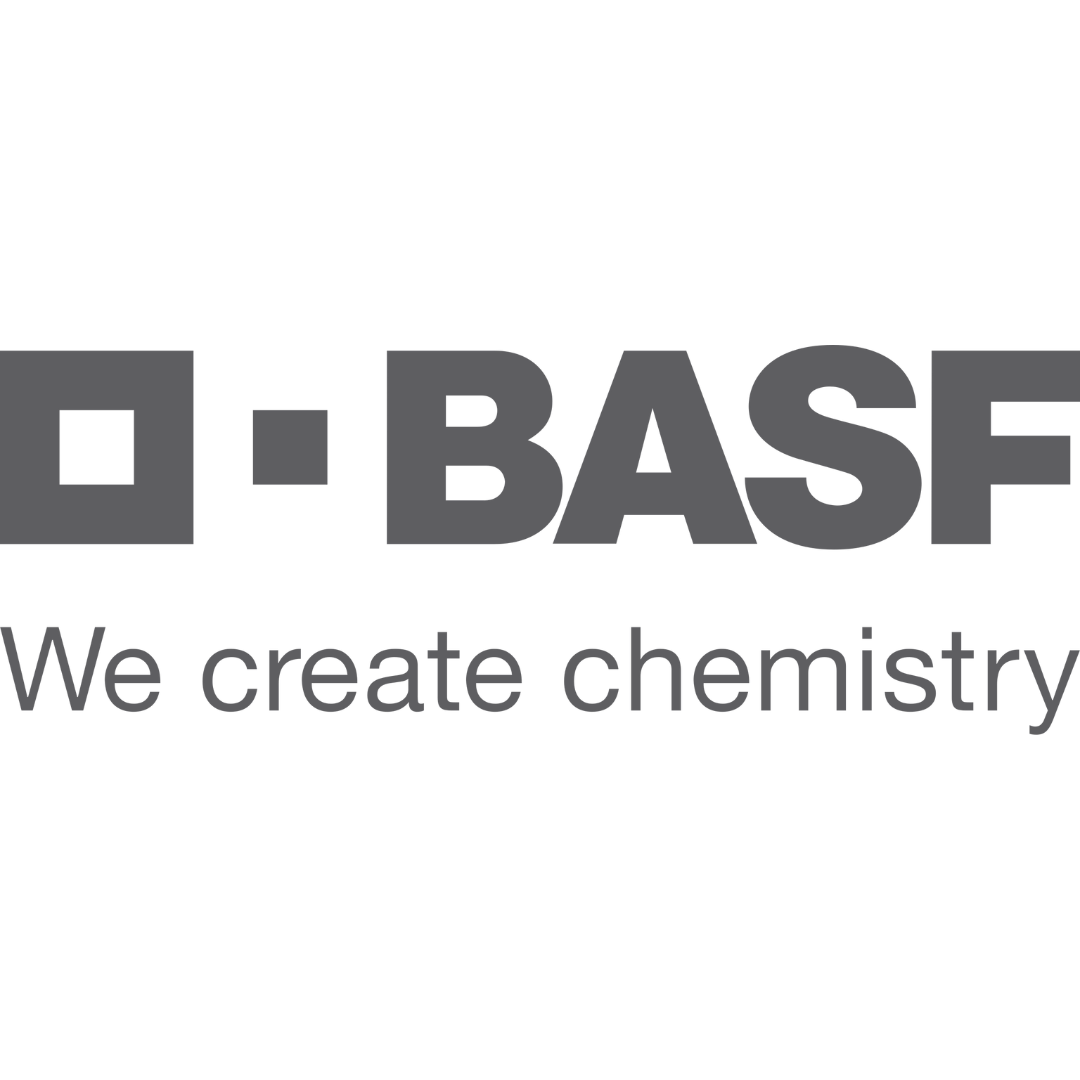Advanced Recycling
This newly developed method, also known as chemical recycling, is a great way of making hard-to-recycle plastics reusable, returning waste to the value chain as high quality polymer with a lower carbon footprint than their virgin plastic counterparts.
Advanced recycling is the process that breaks down polymers into their individual components, otherwise know as monomers. For example, waste polystyrene is turned back into styrene. The monomer mixture produced from this is then purified and re-polymerised back into a high purity prime-quality polymer.
Giving Waste a New Life
As with mechanical recycling, the process begins with collection of waste and transporting this to a chemical recycling facility. The waste will be prepared for advanced recycling by cleaning to remove any contaminants and then shredding into small pieces to make the process more efficient.
The polymer waste then undergoes one of several methods of treatment such as pyrolysis, gasification or depolymerisation. This breaks the polymer into smaller molecules which are then refined into building blocks for new materials.
The new building blocks produced by this process can be used to make bio-fuels, new chemicals for the chemical industry, and polymers.
As with bio-based polymers, mass balance is used to facilitate the used of chemically recycled feedstocks in existing plastics producing facilities, alongside fossil-based feedstocks. This allows the processes of advanced recycling to become well established and scaled to meet the customer demand.

Why choose an advanced recycled solution?

This method of recycling is capable of handling complex materials; recycling mixed and contaminated plastics that are difficult to process mechanically and would otherwise go to landfill or incineration.

Infinite recycling potential. Breaking plastics down to their original monomers facilitates repeated recycling without degradation in quality, therefore offering optimal resource efficiency for a circular economy.

The carbon footprint of advanced recycled polymers can be reduced compared to their prime counterparts. This is expected to improve even more with time as the processes become more efficient.
Advanced Recycled Polymer Brands
Our supply partners have invested massively to bring advanced recycled solutions to the market and these will be commercially available very soon. In the mean time, if you would like to find out more, please get in touch with our team so we can keep you updated on the progress.





